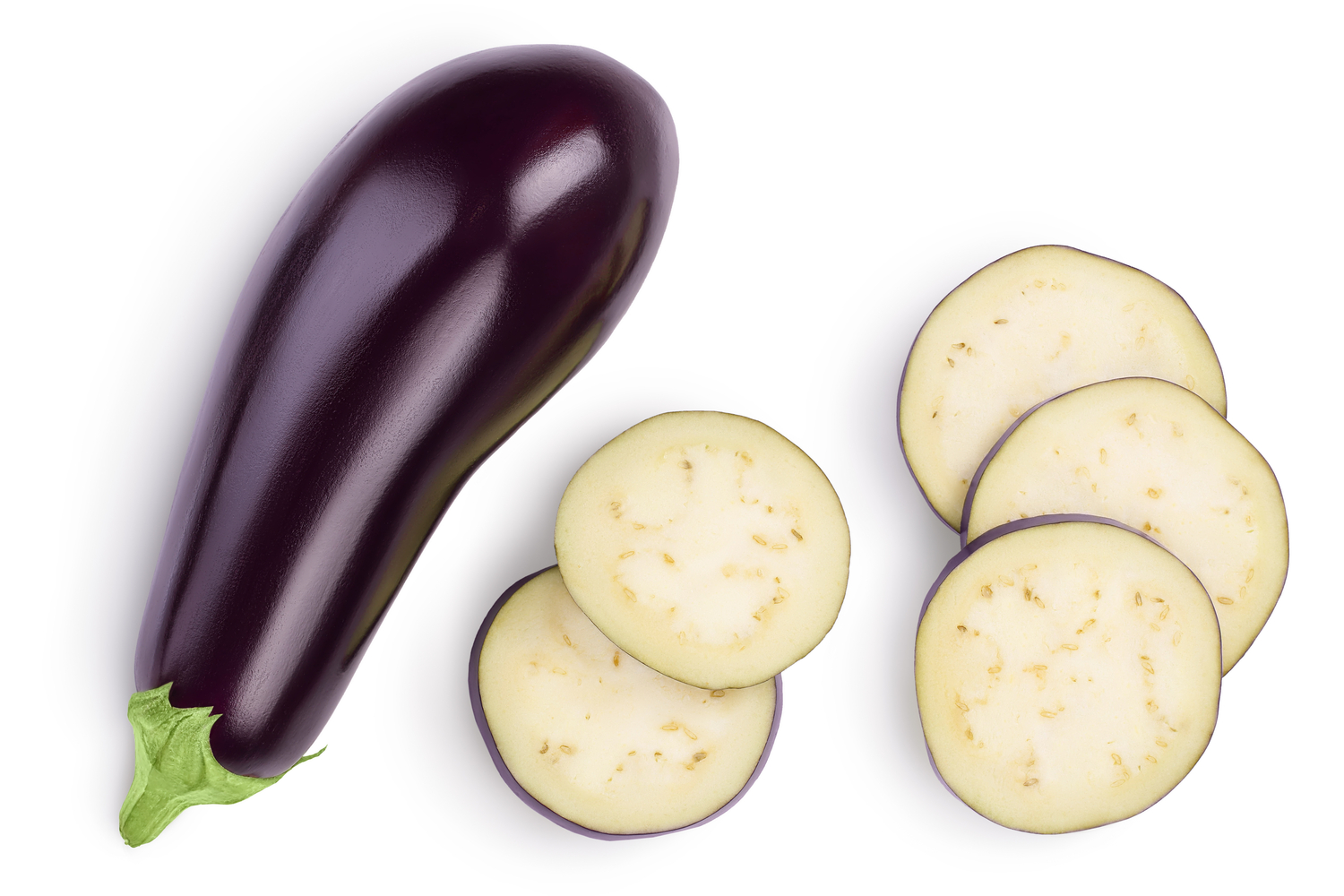
Treatment Medications and Foods to Avoid With Psoriasis
Psoriasis is an inflammatory skin disease that causes red scaly patches to appear on the skin. This may cause severe itching, raised red bumps and an abnormal response to minor stressors like extreme temperatures or certain foods. Allergens from certain foods are known to trigger psoriasis outbreaks. Several methods, including lifestyle changes, phototherapy, and corticosteroids, help manage psoriasis, as well as avoiding or moderating the following trigger foods:
1. Eggplant
The fruit and leaves of the eggplant, or aubergine, contain a compound called saponin, which inflames the skin through vasodilation and inflammation. It also causes allergic reactions, which irritate the skin further, particularly for psoriasis patients.
2. Red meat
Meat such as beef and lamb releases histamines and other inflammatory chemicals that may exacerbate psoriasis. These histamines contribute to the symptoms of psoriasis and are often tied to reduced frequency between psoriasis flare ups.
3. Alcohol
Liquor consumption may trigger psoriasis flare ups by causing blood vessels to dilate, leading to a massive release of inflammatory chemicals, contributing to psoriasis symptoms. Imbibing also makes it harder for your body to clear toxins such as histamines.
4. Caffeine
For a long time, research has shown that caffeine is an irritant that can trigger an allergic reaction. In fact, drinking excessive caffeine, from coffee, caffeinated teas and energy drinks, can cause skin problems, especially when consumed in large amounts. This substance is directly linked to skin disorders, including psoriasis, eczema, acne, and atopic dermatitis
5. Wheat and rye
The antibody that triggers psoriasis is called IgE, which directly triggers an allergic reaction when it reacts with certain foods, including wheat and rye. Both contain a protein called gliadin which is the culprit. Gliadin triggers the release of histamines and other inflammatory chemicals, which can result in an outbreak of psoriasis.
6. Tomatoes
Tomatoes contain a solanine compound that attacks the immune system, often worsening psoriasis symptoms. Solanine is also responsible for triggering asthma attacks.
Thankfully, there are several treatment options for psoriasis, including over the counter topical creams, which are steroid based (topical corticosteroids) and treat mild to moderate psoriasis in most areas of the body. Since vitamin D deficiencies have also been linked to psoriasis development, healthy doses of vitamin D (i.e., via sun exposure and supplementation) can also help manage psoriasis symptoms. The following doctor-prescribed medications have also shown promise for treating and managing psoriasis flare ups, inflammation, and histamine response:
- Apremilast (Otezla): The FDA-approved drug apremilast works by blocking the production of TNF-alpha and other inflammatory proteins, thereby reducing the symptoms of plaque psoriasis. You can also opt for Certolizumab Cimzia as it has similar content for treatment.
- Etanercept (Enbrel): Etanercept is an anti-inflammatory medication that blocks the immune response, which triggers psoriasis. It also treats other autoimmune disorders such as rheumatoid arthritis and plaque psoriasis. Tildrakizumab Ilumya performs a similar function.
- Infliximab (Remicade): Infliximab is used to treat psoriasis through an IV. It works by destroying the immune cells that trigger the skin disorder.
- Adalimumab (Humira): Adalimumab is an injectable prescription drug used to treat psoriasis. It works by blocking the action of TNF-alpha, which triggers an inflammatory response in the body.
- Ustekinumab (Stelara): Ustekinumab is used to treat inflammatory skin conditions such as plaque psoriasis or guttate psoriasis by blocking the action of TNF-alpha. It also treats other autoimmune disorders.
- Secukinumab (Cosentyx): Secukinumab is a biological drug used to treat plaque psoriasis by blocking TNF-alpha and decreasing the likelihood of joint damage in rheumatoid arthritis. It can also treat other autoimmune disorders such as rheumatoid arthritis and plaque psoriasis. Guselkumab Tremfya is an option for the same infection too.
- Ixekizumab (Taltz): Ixekizumab treats plaque psoriasis by targeting T cells which trigger inflammation and cell growth in psoriasis.
As you can see, there are several ways you can choose to decrease your chances of suffering from psoriasis. Eat healthily, drink plenty of water, and choose foods low in histamine. Avoid all known triggers that could worsen the condition.



